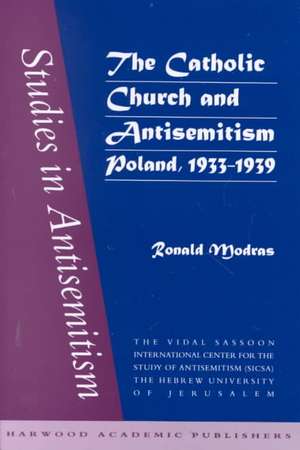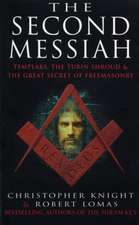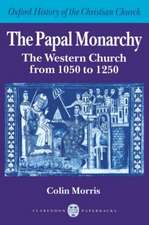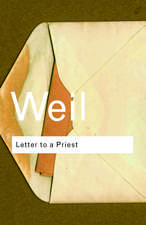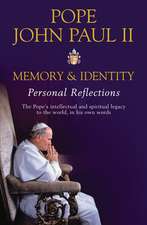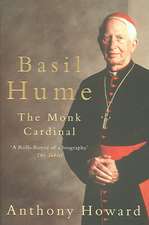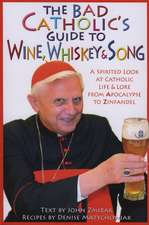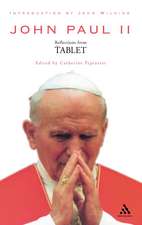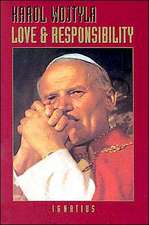The Catholic Church and Antisemitism
Autor Ronald Modrasen Limba Engleză Paperback – 8 aug 2000
| Toate formatele și edițiile | Preț | Express |
|---|---|---|
| Paperback (1) | 438.00 lei 6-8 săpt. | |
| Taylor & Francis – 8 aug 2000 | 438.00 lei 6-8 săpt. | |
| Hardback (1) | 1000.27 lei 6-8 săpt. | |
| Taylor & Francis – 7 feb 2017 | 1000.27 lei 6-8 săpt. |
Preț: 438.00 lei
Nou
Puncte Express: 657
Preț estimativ în valută:
83.81€ • 87.50$ • 69.36£
83.81€ • 87.50$ • 69.36£
Carte tipărită la comandă
Livrare economică 05-19 aprilie
Preluare comenzi: 021 569.72.76
Specificații
ISBN-13: 9789058231291
ISBN-10: 9058231291
Pagini: 448
Dimensiuni: 152 x 229 x 27 mm
Greutate: 0.82 kg
Ediția:1
Editura: Taylor & Francis
Colecția Routledge
Locul publicării:Oxford, United Kingdom
ISBN-10: 9058231291
Pagini: 448
Dimensiuni: 152 x 229 x 27 mm
Greutate: 0.82 kg
Ediția:1
Editura: Taylor & Francis
Colecția Routledge
Locul publicării:Oxford, United Kingdom
Recenzii
"This is an excellent scholarly book which also carries strong humanitarian appeal. The author places Polish Antisemitism in both a national and international context. He clearly defends his thesis that Polish attitudes were fully in accord with the outlook of Rome, especially the papal obsession with liberalism and secularism."
Cuprins
Chapter 1 Poland, Jews, and the Catholic Church: History and Context; Chapter 2 Liberalism: The Masonic-Jewish “Alliance”; Chapter 3 The Protocols : The Myth of World Domination; Chapter 4 The Soviet Union and “Judeo-Communism”; Chapter 5 Nazi Germany and Racist Antisemitism; Chapter 6 Jews and the Spanish Civil War; Chapter 7 Everywhere Else: Why not Poland?; Chapter 8 Accusations against the Talmud; Chapter 9 The Interwar Economy: Poverty and the Boycott; Chapter 10 A Culture Catholic or else not Polish; 11 Catholic Solutions to the “Jewish Question”; Chapter 12 Violence at the Universities and in the Streets; Chapter 13 The Vatican and the Polish Bishops; Chapter 14 By Way of Contrast: The Polish Opponents of Antisemitism; Epilogue; Index;
Descriere
This book examines how, following Vatican policy, Polish church leaders resisted separation of church and state in the name of Catholic culture. In that struggle, every assimilated Jew served as both a symbol and a potential agent of security.
